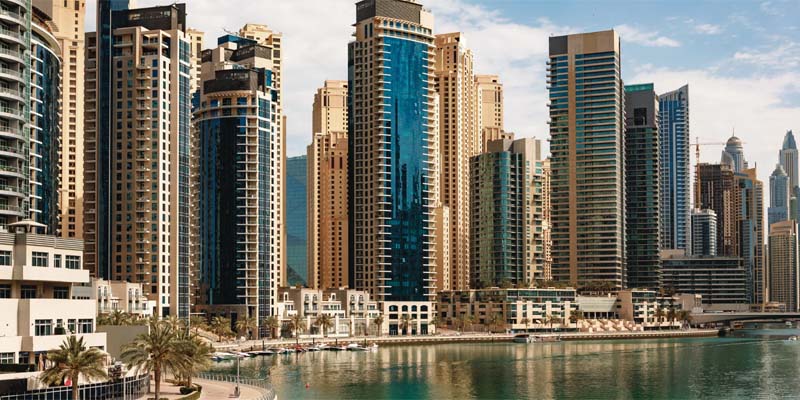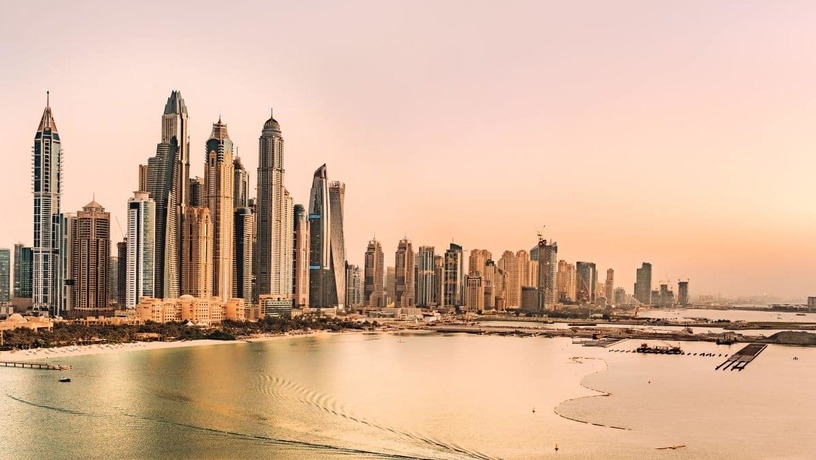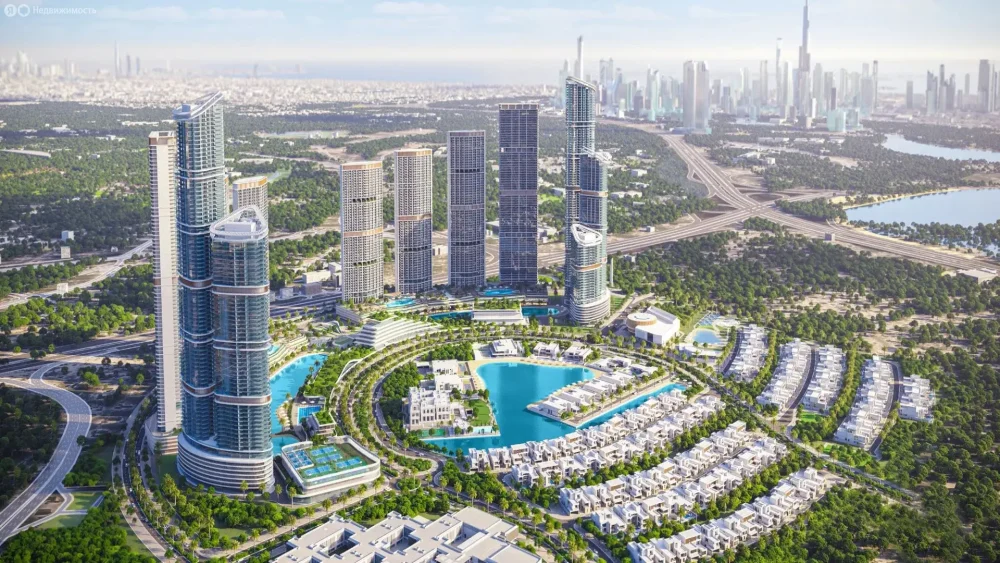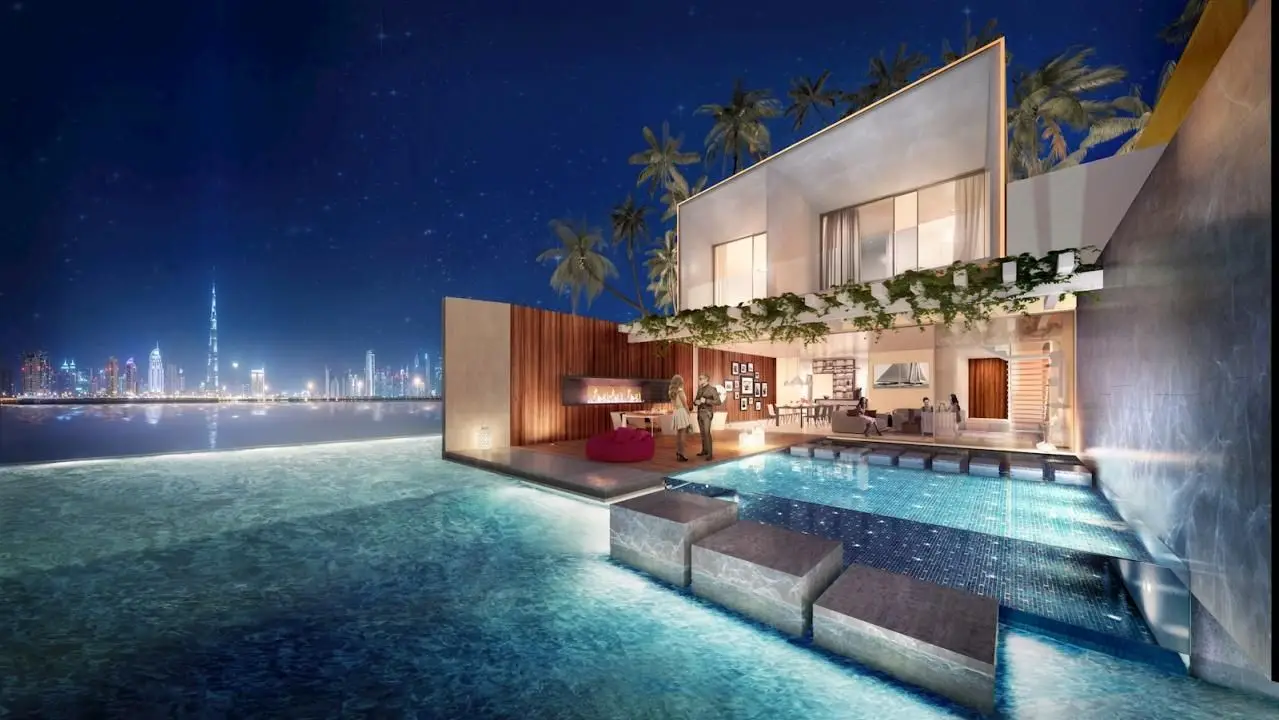International financial flows are growing, and investing in overseas commercial property remains one of the main advantages in the process of capital diversification. The benefits are amplified against the backdrop of economic turbulence: assets abroad help to minimise currency risks, protect capital and enter more profitable markets. The commercial property sector demonstrates resilience even in periods of global instability, remaining attractive to private and institutional investors.
Income stability and capital protection: the pros of investing in overseas commercial property
Passive income from property abroad is built on rent, and its stability depends on the demand for quality commercial space. Rental rates in the world’s leading business centres, such as Dubai, Lisbon or Athens, are growing faster than inflation. The advantages of investing in commercial property abroad include the protection of capital from domestic economic volatility as well as the ability to diversify into hard currency areas.
Rental yields average 5-8% per annum for office, retail and hotel properties. With the right project selection, it is possible to achieve the combined benefit of a stable income stream and asset value growth due to market growth.
Asset diversification and value growth
 Diversification of investments has long been a standard of capital management. Placing funds in foreign commercial property reduces dependence on one economy and expands the geography of income. Investing money in different currency zones helps to fix financial stability regardless of local crises.
Diversification of investments has long been a standard of capital management. Placing funds in foreign commercial property reduces dependence on one economy and expands the geography of income. Investing money in different currency zones helps to fix financial stability regardless of local crises.

The advantages of investing in foreign commercial property are enhanced by the possibility to increase the value of the asset through competent management: major repairs, redevelopment, transfer to more profitable tenants. The growth in the value of objects in such destinations as Dubai reaches 12-15% per year due to high investment activity and growing demand for renting premium spaces.
Dubai: a shining example of investment success
Dubai is now turning the perceived benefits of investing in commercial property abroad into reality. The emirate is experiencing explosive growth in business activity: free economic zones, flexible tax policies and no personal income tax create an ideal environment for foreign investors.
Commercial properties in Dubai, such as office towers in DIFC or retail space in Downtown Dubai, offer rental yields of 7% per annum. Moreover, asset values here are steadily increasing due to domestic demand, expansion of international companies and large-scale infrastructure projects such as metro expansion and the launch of new business districts. A bonus is the possibility of buying space on an interest-free instalment plan or obtaining a mortgage loan with a minimum down payment of 20%, which makes it much easier to enter the market.
Strategic advantages of foreign markets
The pros of investing in overseas commercial property include the following benefits:
-
High Yield. Offices, hotels and retail space abroad generate stable cash flow.
-
Capital Protection. Facilities in hard currency zones provide natural insurance against currency risks.
-
Value Growth. Increasing prices of quality assets in international financial and tourist centres.
-
Access to credit. Local banks in Greece, UAE and Portugal offer mortgage finance programmes for non-residents.
-
Preferential taxation. Many jurisdictions have lenient tax regimes for commercial property investors.
-
Management Flexibility. Ability to choose your own strategy: lease, redevelopment or resale.
-
The growth potential of new markets. Eastern Europe, the Middle East and South-East Asia offer promising investment opportunities.
Pros of investing in property in other countries
Let us consider the example of Greece and Cyprus. Greece occupies a special place among countries with growing investment potential. After the reforms of the real estate market and the launch of the Golden Visa programme, Athens and Thessaloniki have become hot spots for investors. The average yield of commercial properties here reaches 6% per annum, while the cost of space remains below the European average.
Cyprus offers a favourable combination of a strategic location, an English-speaking legal system and active support for foreign investors. Shopping centres and offices in Cyprus offer yields of 5% with growth potential due to the development of tourism infrastructure and the increasing number of international companies on the island.
Real cases
The benefits of investing in overseas commercial property are best demonstrated by examples:
-
Buying an office space in Dubai for $300,000 generates a rental income of about $24,000 per year (8% yield).
-
A €500,000 investment in a boutique hotel in Santorini generates a net income of up to €35,000 annually through seasonal tourism.
-
A €700,000 shopping arcade in Cyprus provides an annual income of €42,000 with stable rents and low maintenance costs.
How to choose a market and strategy
An effective investment strategy is based on the analysis of a number of parameters, including:
-
The country’s GDP growth rate.
-
The level of demand for commercial space.
-
Legal protection of property rights.
-
Tax residency conditions.
-
Rental yield rates.
-
Lending opportunities for foreigners.

The benefits of investing in overseas commercial property are only fully disclosed with a competent selection of the market and the asset, as well as a careful assessment of long-term macroeconomic trends.
Bridge to stability: the pros of investing in overseas commercial property
 The benefits of investing in overseas commercial property go far beyond financial gain. It is a tool of global diversification, a tool of capital protection and at the same time a chance to fix your participation in the dynamic and growing economies of the world. Dubai, Greece and Cyprus are just the tip of the iceberg of opportunities. The right choice of strategy and target opens access to sustainable income, asset growth and financial freedom in a changing world.
The benefits of investing in overseas commercial property go far beyond financial gain. It is a tool of global diversification, a tool of capital protection and at the same time a chance to fix your participation in the dynamic and growing economies of the world. Dubai, Greece and Cyprus are just the tip of the iceberg of opportunities. The right choice of strategy and target opens access to sustainable income, asset growth and financial freedom in a changing world.
 en
en  de
de  ar
ar  es
es  hi
hi  fr
fr  nl
nl  it
it  pt
pt  el
el 









